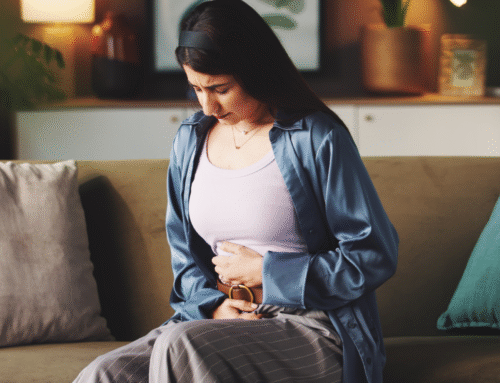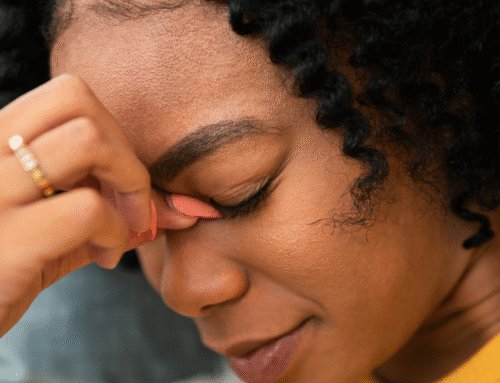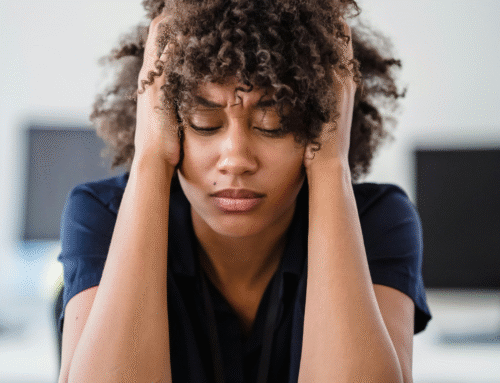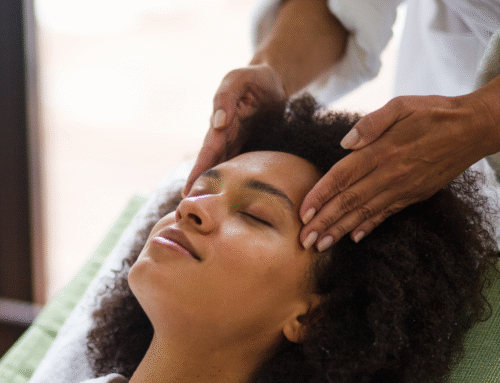In our fast-paced, always-connected world, anxiety has become an unwelcome yet familiar companion for many. Whether it’s constant worry, racing thoughts, poor sleep, or a general sense of unease, anxiety can take a serious toll on your quality of life. And while therapy and medications are common treatment paths, more and more people are turning to traditional Chinese medicine — particularly acupuncture — for a more holistic approach.
But can acupuncture really help with anxiety? Let’s explore the truth from both Eastern and Western perspectives.
What Is Acupuncture, Really?
Acupuncture is a key component of traditional Chinese medicine (TCM), used for over 2,500 years. It involves inserting very thin needles into specific points on the body — known as acupoints — to regulate the flow of Qi (pronounced “chee”), or vital energy.
According to TCM theory, anxiety often arises from imbalances in the body’s internal systems — particularly involving the Heart, Liver, and Spleen organs, which in Chinese medicine are tied not only to physical health but also to emotional well-being. By stimulating certain acupoints, acupuncture is believed to restore balance, calm the mind, and improve overall resilience to stress.
What Does Modern Science Say?
While acupuncture’s philosophy is rooted in ancient wisdom, modern research has started to catch up. Studies have shown that acupuncture may:
-
Reduce the body’s stress response: Acupuncture appears to influence the hypothalamic-pituitary-adrenal (HPA) axis, which regulates cortisol — your body’s main stress hormone.
-
Increase endorphins and serotonin: These “feel-good” chemicals help regulate mood and promote relaxation.
-
Improve sleep quality: Poor sleep often goes hand-in-hand with anxiety. Acupuncture has been shown to improve sleep patterns, which in turn reduces anxiety symptoms.
One meta-analysis published in the Journal of Acupuncture and Meridian Studies found that acupuncture significantly reduced anxiety symptoms in both clinical and non-clinical populations. Another study in Frontiers in Psychiatry (2021) concluded that acupuncture is a promising treatment for generalized anxiety disorder, especially for people who prefer non-drug options.
What Does a TCM Practitioner Look For?
In Chinese medicine, no two people experience anxiety in exactly the same way. During an acupuncture session, your practitioner will assess your symptoms in a holistic way — looking at your sleep, digestion, emotional state, pulse, tongue, and more.
Some common TCM patterns related to anxiety include:
-
Heart and Spleen Qi Deficiency: Often linked to worry, fatigue, and poor memory.
-
Liver Qi Stagnation: Related to irritability, mood swings, and a “tight” feeling in the chest.
-
Kidney Yin Deficiency: Associated with chronic stress, restlessness, and insomnia.
Your treatment plan will be personalized, targeting both the root cause and the symptoms of your anxiety.
What to Expect During an Acupuncture Session
Most people find acupuncture relaxing, even if they were nervous about needles at first. The needles are ultra-thin (nothing like hypodermic needles), and many patients report feeling a sense of calm or lightness during and after treatment.
A course of treatment usually involves weekly sessions for several weeks, with progress often felt gradually. Some people notice improvements after just one or two treatments; for others, it takes more time.
Is Acupuncture Right for You?
Acupuncture is not a magic cure, but it can be a powerful ally in your mental health toolkit — especially when combined with other lifestyle changes such as breathing exercises, dietary adjustments, herbal medicine, or therapy.
It’s particularly appealing for people who:
-
Want a natural, drug-free option
-
Are sensitive to medication side effects
-
Prefer holistic approaches that address both mind and body
As always, it’s important to work with a licensed acupuncturist who can tailor your treatment safely and effectively.
Final Thoughts
Anxiety is complex — but so is acupuncture. That’s what makes it such a valuable approach for people seeking relief not just from symptoms, but from the deeper imbalances causing them. Whether you’re struggling with chronic worry, panic attacks, or just feeling “off,” acupuncture may offer a path toward greater calm and clarity.
Curious to Try Acupuncture for Anxiety?
Schedule a consultation with a licensed acupuncturist and see how Chinese medicine can support your mental and emotional well-being — naturally.







Leave A Comment